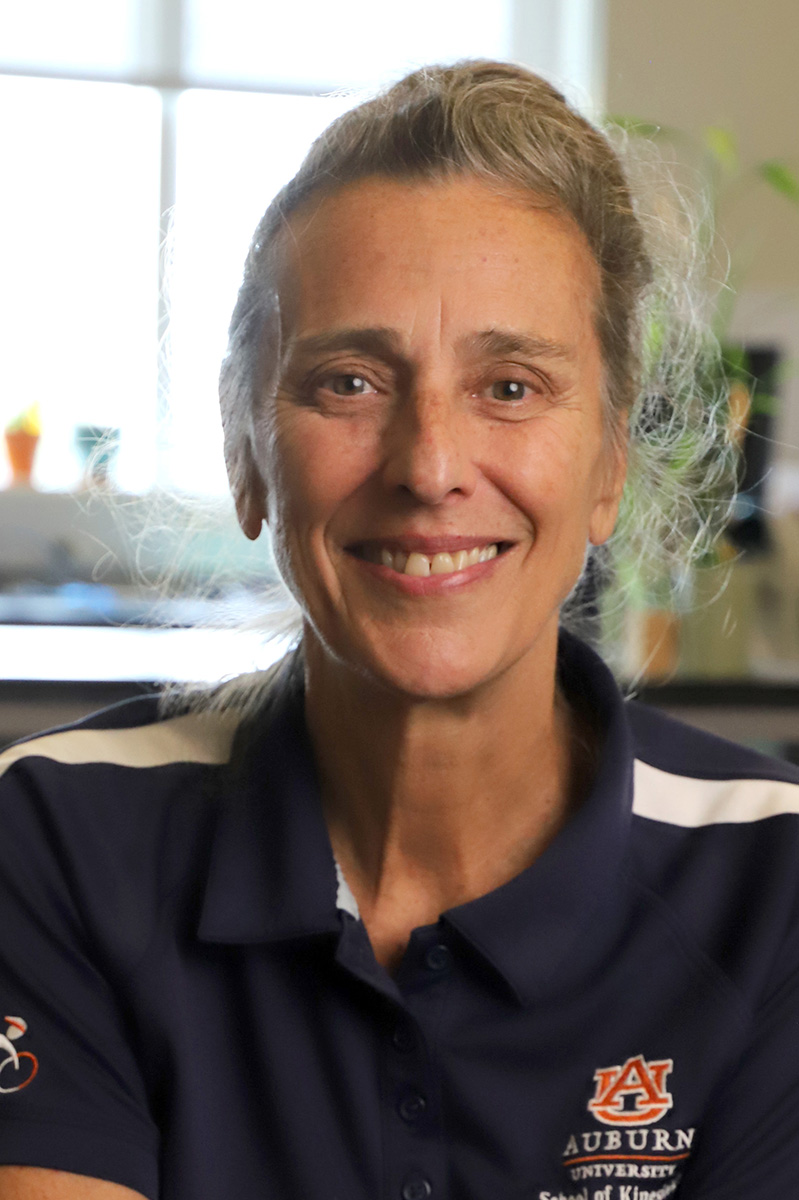intro
The Pediatric Movement & Physical Activity Lab conducts research geared toward youth motor skill development and sport skill development. The Lab creates instructional climates designed to promote life-long physical activity for all people, from childhood through adulthood. Mary Rudisill, Ph.D, is the director of the lab, as well as the director of the School of Kinesiology.
Rudisill’s primary research focus is what motivates children to learn to move and engage in physical activity. Researchers have found that autonomous climates that allow for choice improves intrinsic motivation and participation in activities.
Moreover, from laboratory settings to natural settings, Rudisill’s research has led to the development of many field-tested motor interventions. These interventions are based on achievement goal theory and self-determination theory.

Research
For the past 20 years, Mary Rudisill, Ph.D. and her colleagues from the School of Kinesiology have provided empirical support for autonomy-supportive educational climates (i.e., mastery motivational physical play environments) that inspire children to:
Learn how to move and move
-
advance pathways to motor competence
-
improve fundamental motor skills
-
increase perceived competence
Engage in healthy behavior
-
increase in physical activity – heart rate and PAR<50
-
increase in stress response (i.e., positive change in cortisol salivary response)
Improve behavior in school
-
improve on-task behavior during classroom activities
Outreach
Mary Rudisill, Ph.D. works with Loachapoka day care to provide autonomous play learning environments for young children once a week during the semester. She and her students also conduct physical activity sessions for several Head Start classes in the community. Additionally, the Lab hosts an annual Move and Groove Family Fit Day in the spring sponsored by the Edward Via College of Osteopathic Medicine. It is a fun, family event that encourages everyone in the community to be active.




